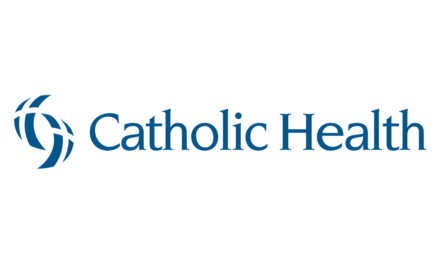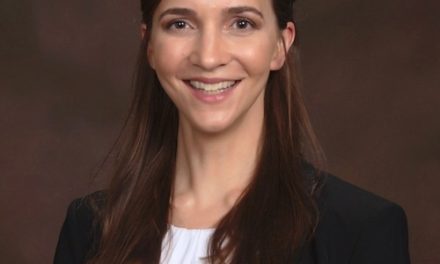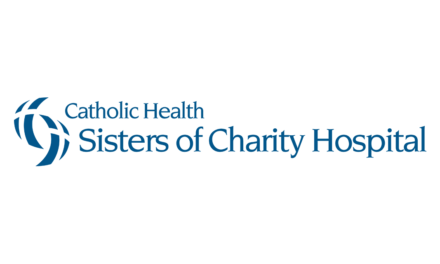1 in 8 women will develop invasive breast cancer throughout their lifetime. That is roughly 13% of the U.S. female population. Receiving a cancer diagnosis can be very unsettling, but the good news is that with early detection, breast cancer is very treatable.
What is Radioactive Seed Localization?
A common form of treatment for breast cancer is a lumpectomy, also known as a partial mastectomy. In order to locate cancerous cells within breast tissue that are too small to be seen or felt by hand, a procedure known as breast seed localization is performed. Radioactive seed localization is a new alternative to the previous needle localization procedure that was often uncomfortable and painful.
“Localization is necessary whenever there is abnormal breast tissue that cannot be felt by the surgeon. Radioactive seed localization takes place at the hospital as an outpatient procedure. This procedure can be performed up to 5 days before a breast surgery.”
Dr. Marielle Ferstenberg, breast surgeon at Sisters Hospital, specializes in the procedure and shares what patients can expect. “A patient’s breast is positioned for a mammogram or ultrasound and the radiologist locates the abnormal breast tissue. Once located, the radiologist will insert a small radioactive titanium ‘seed’ to help the surgeon locate the abnormal breast tissue and remove it precisely during surgery. During surgery, the breast surgeon uses a probe to find the seed which helps them locate the tissue they need to remove. The seed will also be removed at this time.”
Sisters Hospital is one of only two locations in Western New York to offer this treatment, and the level of care a patient receives is next to none, according to Dr. Ferstenberg. The team of experienced clinicians know what to look for and have years of proven success when it comes to diagnosing and treating breast cancer.
Steps to Take Following the Procedure
Following a lumpectomy, it is important to eat a healthy, balanced diet to support recovery and maintain a patient’s health. If chemotherapy or radiation are recommended following the lumpectomy, loss of appetite and nausea may occur. Drinking protein shakes, broth or eating soup can help alleviate these symptoms while ensuring you are still getting necessary nutrients and calories.
Dr. Ferstenberg is an experienced breast surgeon. In addition to performing breast seed localization, she also performs breast conserving surgeries. Due to her skills and expertise, her patients often have positive cosmetic outcomes post surgery.
To learn more about Dr. Ferstenberg or to schedule an appointment, visit us online or call (716) 923-7152.





